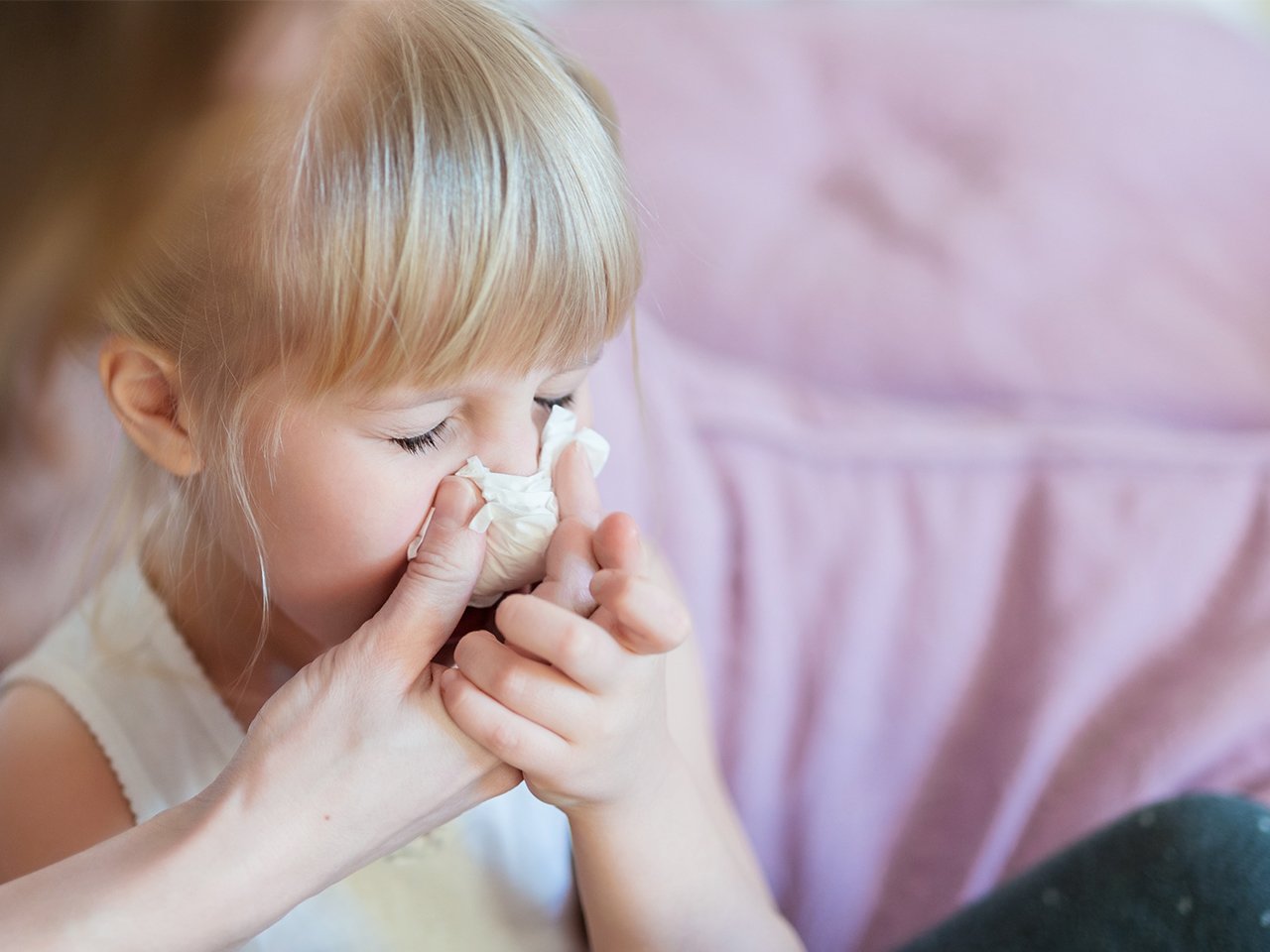
Raising a child is one of the greatest joys and accomplishments that we can achieve as human beings in our lifetime. They quickly become our world, the thing we hold most dear, and our legacy. Our goal as parents is to care and provide for our kids, make sure they are happy, and are learning to do the right thing. It is also paramount that we ensure that they grow up healthy. That said, what we fear most then is something bad happening to our kids, them becoming ill, or being in any form of danger.
It is completely natural and not unexpected for children to fall or injure themselves in some way. They will also regularly have colds and stomach aches. It is also natural that your first instinct when this happens may be to rush them to the doctor. Oftentimes, the best way to provide a safe environment for your kids is to have a clean and well-kept home.
Professional air conditioner repair and maintenance, regular vacuuming, and a well-maintained lawn can keep most of the childhood irritants like dust, mold, and strange bugs away from your children. They will be able to play, enjoy the sun, and learn valuable lessons about hygiene in a safe environment. This also gives you a good idea of your child’s baseline level of health and vitality. This makes it easier to identify when they have a symptom that makes a doctor’s visit necessary.
There are certain symptoms that absolutely call for an urgent care visit. If your child has been experiencing fevers, persistent diarrhea, or vomiting. Also, if they receive a cut that requires stitches it may be right to seek immediate attention. That being said, the COVID-19 pandemic is still a big concern. It may be best to keep unnecessary hospital visits to a minimum or to make an appointment with your regular doctor.
But in the case of your child having a minor cold or headache, or acquiring scrapes and bruises, there are home assessments and remedies available which you can try before you seek the help of a medical professional. This can not only help avoid unnecessary exposure to germs in hospital waiting rooms, but this also has the added benefit of not further stressing out a child who may not be feeling well in the first place.
Is Your Child Having a Tummy Ache?
You can first try to figure out if they have eaten anything weird or new, or have eaten too much of something in particular. If the pain is mild, it may help to give your child plain and mild food for a few days, such as toast. They may also benefit from drinking more water. Ginger and mint in warm water also have the tendency to improve mild stomach aches. A warm bath may help soothe your child’s upset tummy as well.

Has Your Child Had A Scrape Or Bruise?
If the pain is not severe and if there is not much bleeding, you may want to wait a few days to see if they recover with home remedies and rest. Scrapes may need to be cleaned first. In order to help reduce swelling around a bruise, icing for 10 to 15 minutes every few hours or so may help. Both require plenty of rest, and to make sure that your child does not accidentally exacerbate an existing injury, they may need to keep the affected area as still and elevated as possible while they rest and as they go about their day.
Does Your Child Have A Stuffy Nose Or Sore Throat?
Mild colds and flu, as well as allergies, may cause symptoms such as these. If they are not presenting with a fever, before you go to a doctor, make sure that they are drinking plenty of water and fluids, and are resting. A sore throat may benefit from gargling with a warm saltwater solution. Honey, lemon, and ginger can also help soothe these symptoms.
A parent’s most important job is to always make certain that their child is safe, healthy, and happy. Injuries and illness are as common to children, like any other people. With any minor ailments that your children may experience, drinking lots of fluids to stay hydrated, and ensuring that your child is getting plenty of rest is important.
However, it is also vital to remain on top of the situation and to monitor as well as assess the progress. It may be the case that your child would indeed benefit from making an appointment with your regular doctor, or if they begin to experience more severe symptoms, to seek urgent or emergency care.
It is also important to note that there are differences between urgent care, and accident and emergency care. If you cannot wait to book an appointment with your regular care provider, urgent care may be more appropriate. However, during emergencies involving more serious situations and that require more rapid treatment, such as fainting spells or seizures, emergency care will be required.

